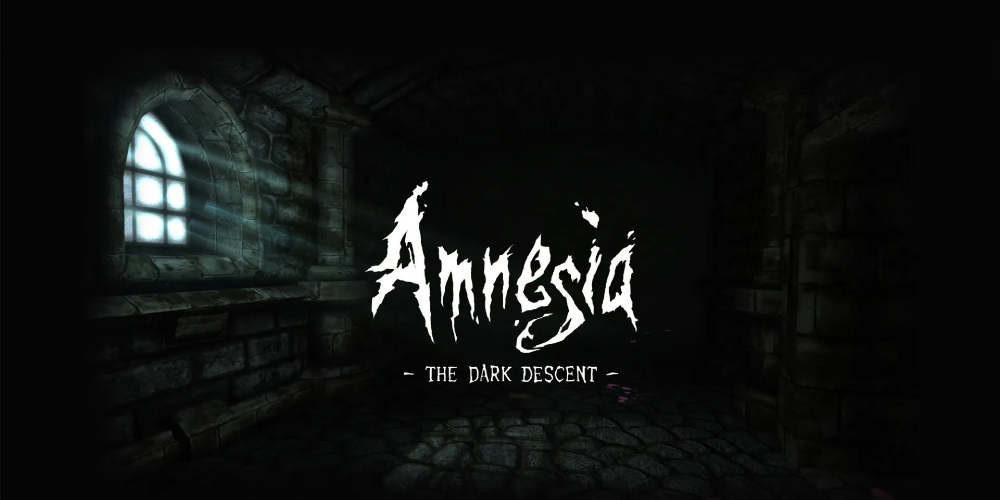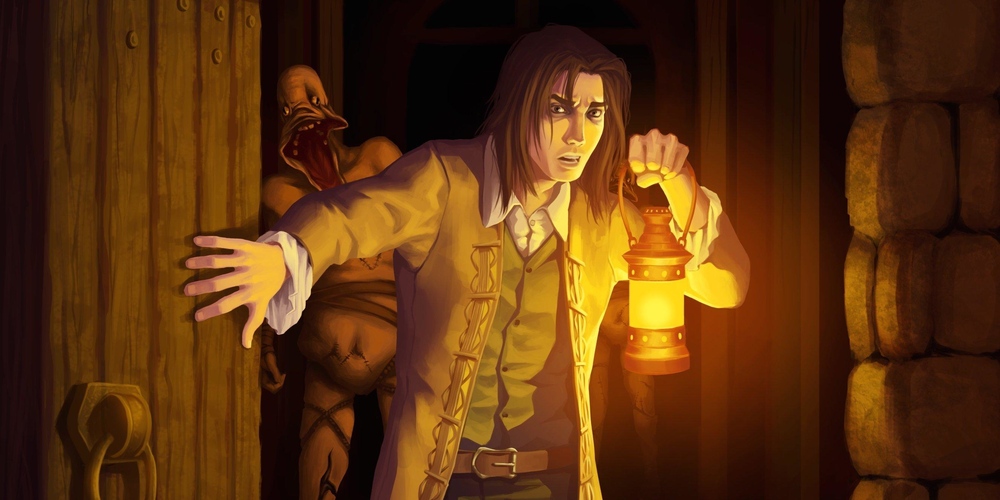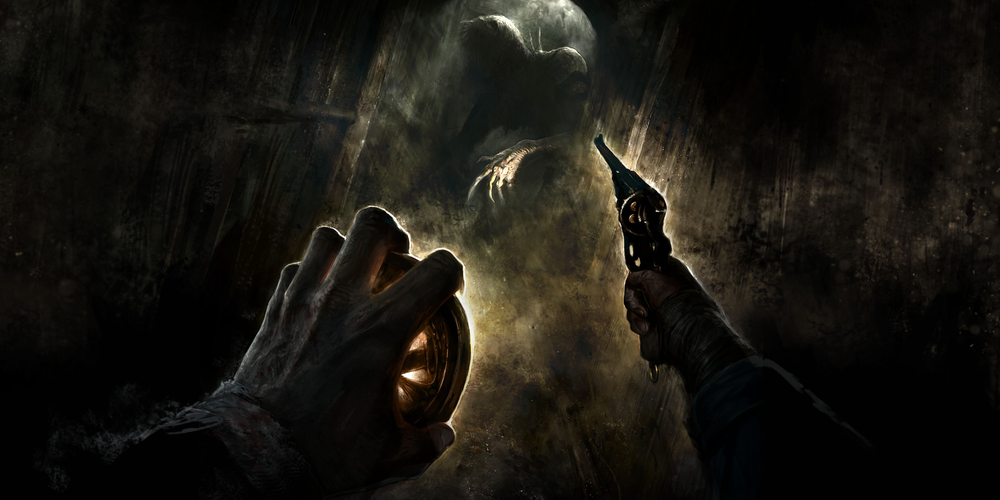Exploring the Shadows: The Intricate Psychology of Fear in Amnesia: The Dark Descent

Within the dimly lit corridors and the haunting silence of Brennenburg Castle lies a world that has captivated horror enthusiasts and gamers alike. "Amnesia: The Dark Descent," crafted by Frictional Games, plunges players into an intense exploration of terror, apprehension, and mystery. This game is not merely a collection of jump scares and eerie sounds but a sophisticated exploration into the psychology of fear, employing a blend of atmospheric tension and narrative depth to engage the player's deepest apprehensions. Through an analysis of its design, atmosphere, and narrative, this article delves into how "Amnesia: The Dark Descent" taps into primal fears and psychological horror to create an unforgettable experience.
Introduction to Psychological Horror in Gaming

The evolution of the horror genre within video games has seen a significant transformation, shifting from basic elements of gore and shock to deeper, more psychological forms of terror. Games like "Amnesia: The Dark Descent" mark a pivotal shift towards engaging the player's mind as the primary playground for fear. Psychological horror in gaming focuses on creating a sense of unease and anticipation, manipulating the player's emotions and perceptions rather than relying solely on visual or auditory stimuli. This approach can lead to a more intense and personal experience, as the fear feels crafted specifically for the individual's psyche.
The Foundations of Fear in "Amnesia: The Dark Descent"
"Amnesia: The Dark Descent" masterfully crafts its horror through three primary avenues: the manipulation of the unknown, the breakdown of perception, and the creation of a powerless protagonist. Each of these elements taps into basic human fears, such as the fear of the dark or the fear of losing one's mind, making the experience universally unsettling.
The Unknown
The fear of the unknown is perhaps the most potent tool in "Amnesia's" arsenal. Humans are naturally inclined to fear what they cannot see or understand, and the game capitalizes on this by limiting the player's vision and knowledge. The castle's dark corridors, the barely perceptible sounds of something moving in the shadows, and the fragmented story all contribute to a pervasive sense of uncertainty. This uncertainty keeps players on edge, as they are constantly anticipating the horrors that might lurk around each corner.
Distorted Perception
"Amnesia" also manipulates the player's perception, further immersing them into its world of horror. The game's sanity meter decreases as the player experiences frightening events or stays in the dark for too long, causing visual and auditory hallucinations. This mechanic not only simulates the protagonist's deteriorating mental state but also distorts the player's ability to distinguish between what is real within the game and what is not. By blurring these lines, "Amnesia" creates a deeply unsettling experience, tapping into the fear of losing one's grip on reality.
Powerlessness
Unlike many horror games that arm players with weapons to confront their fears, "Amnesia: The Dark Descent" renders the player virtually powerless. The inability to fight the horrors that inhabit Brennenburg Castle forces players to adopt a more vulnerable approach, hiding and avoiding threats rather than confronting them. This feeling of powerlessness amplifies the fear experience, as players are constantly reminded of their fragility and the omnipresent danger that surrounds them.
"Amnesia: The Dark Descent" stands out not just for its gameplay mechanics, but also for its ability to weave a deeply atmospheric sense of fear and anticipation through its intricately designed settings and engaging storyline. The game's sound design, with its creaking floorboards, distant screams, and oppressive silence, plays a pivotal role in building tension. Likewise, the story of Daniel, the protagonist, unravels through scattered notes and diaries, gradually revealing the dark past of Brennenburg Castle and its inhabitants. This method of storytelling keeps players engaged, not only to survive the horrors of the castle but to piece together its mysteries.
Conclusion: A Masterclass in Psychological Horror
"Amnesia: The Dark Descent" stands as a testament to the power of psychological horror in video games. By tapping into universal fears and employing a combination of gameplay mechanics, atmosphere, and narrative depth, it offers an experience that is as terrifying as it is unforgettable. It reminds us that the most profound fears are those that lurk in the corners of our minds, waiting in the dark. As a pioneering title in the genre, "Amnesia" not only set a high bar for horror games but also demonstrated the potential of video games as a medium for exploring the intricate psychology of fear.







Leave a comment